
You don’t need perfect features to be physically beautiful
New research reveals that physical attractiveness is more about personal compatibility than meeting universal standards
by Annett Schirmer

New research reveals that physical attractiveness is more about personal compatibility than meeting universal standards
by Annett Schirmer
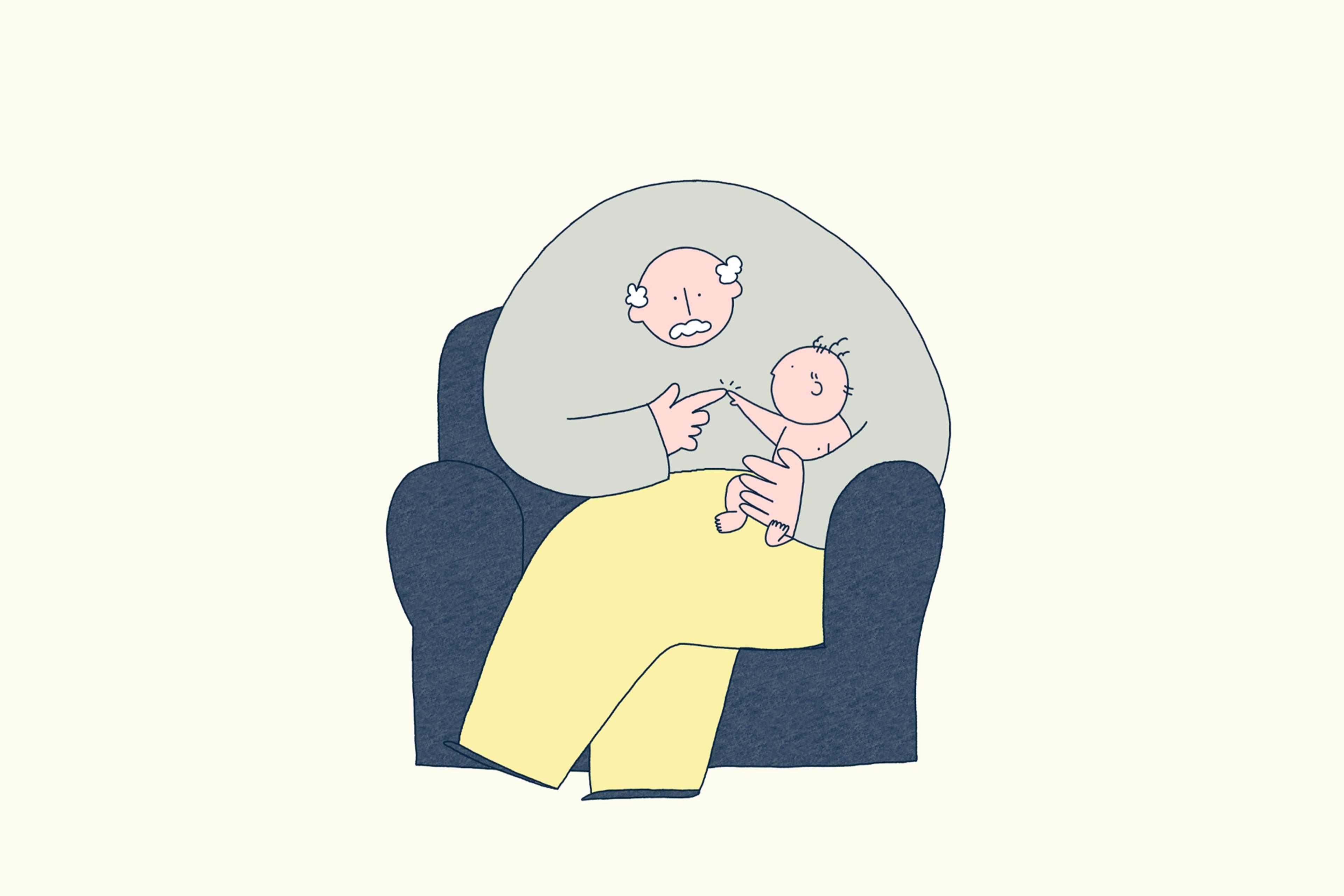
Video by Aeon
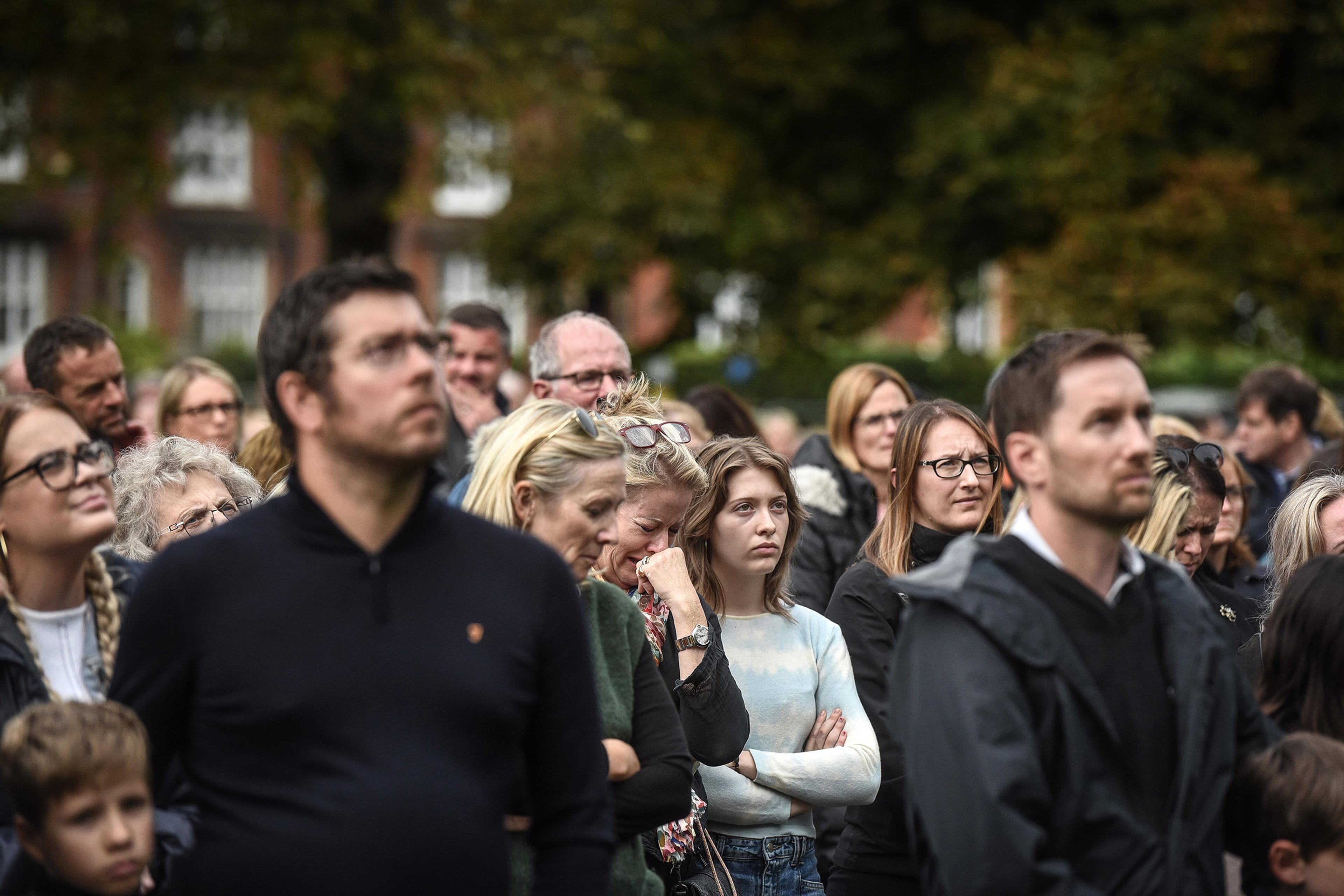
We think of tears as an overflow of emotion, but an evolutionary lens shows they’re a rational form of social signalling
by Daniel Sznycer & Debra Lieberman

Personal autonomy is abundant in the modern world. As a result, many of us get what we want but not what we need
by William von Hippel
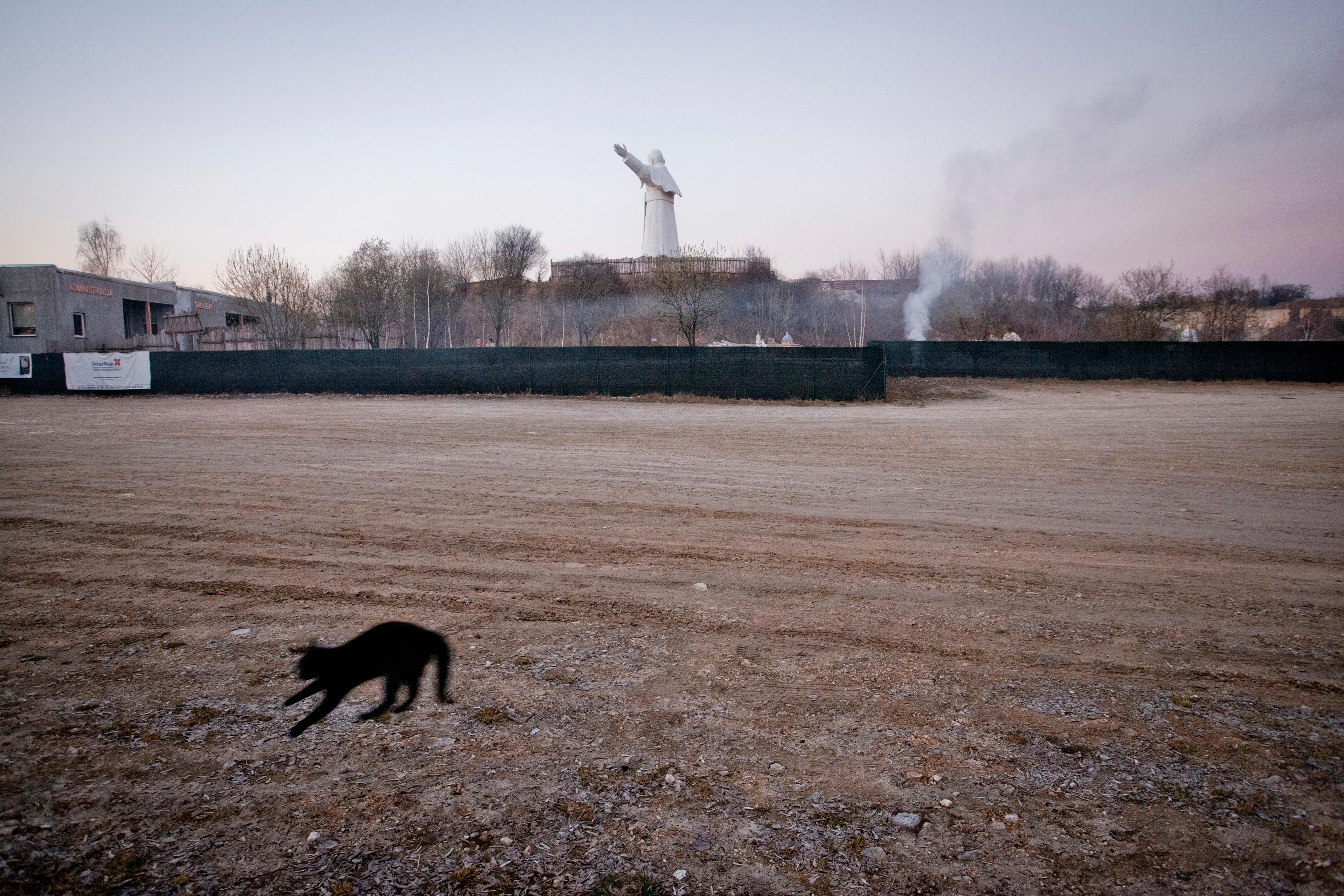
Unquestioned community rules on marriage, dining and even black cats often stem from our hunger to explain random events
by Kevin (Ze) Hong

When a team of researchers returned to an Iraqi cave believed to be a Neanderthal burial site, here’s what they found
by Shayla Love

In the year 2067, the decorations are not the only things that sparkle. We ourselves glow and fizz with psychotechnology
by Eric Schwitzgebel

Temperature is more than a number; it’s an experience of our flesh. How will our bodies cope with an ever-warmer planet?
by Robert Frodeman & Mark Bullock

How did humans create the earliest words? Iconic vocal sounds, which match form and meaning, likely played a key role
by Marcus Perlman

Our emotional responses evolved in a very different world. In the online era, that makes us more vulnerable to privacy risks
by Joe Green & Azim Shariff

Such stuff as dreams are made on: the characters who populate your dreams have their own minds, separate from yours
by Antonio Zadra
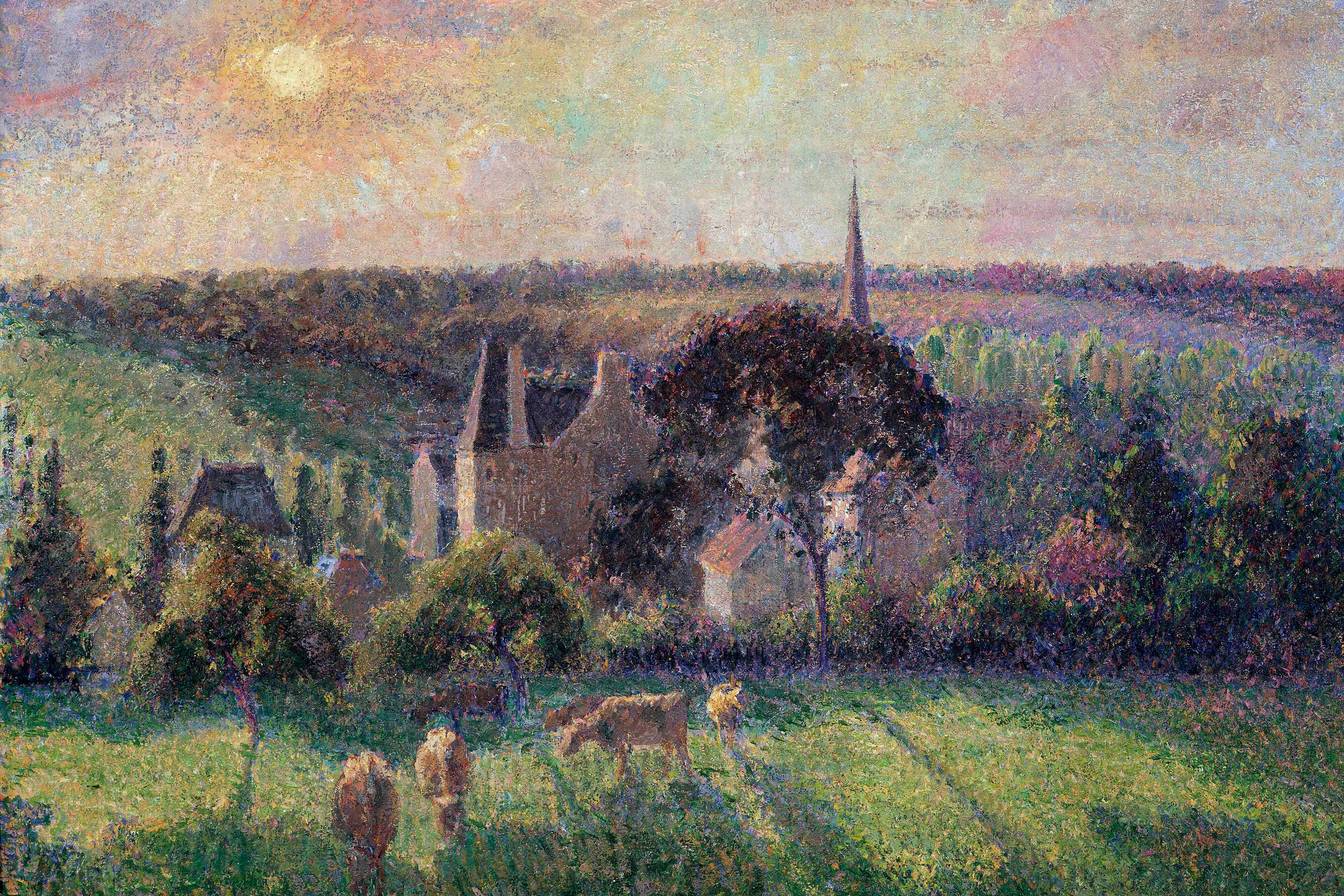
The colour violet was largely missing from art before the Impressionists, and is seen differently by different cultures. Why?
by Allen Tager

Smiles can be a way to dupe people because they’re easy to fake – but we’ve figured out which smiles can be trusted
by Alexander Danvers

Experiencing awe in nature can transform our sense of connectedness to other people and help maintain a spiritual vitality
by T Ryan Byerly

An anthropological view shows us that the root causes of depression and anxiety are usually social conflict and adversity
by Kristen Syme & Edward H Hagen
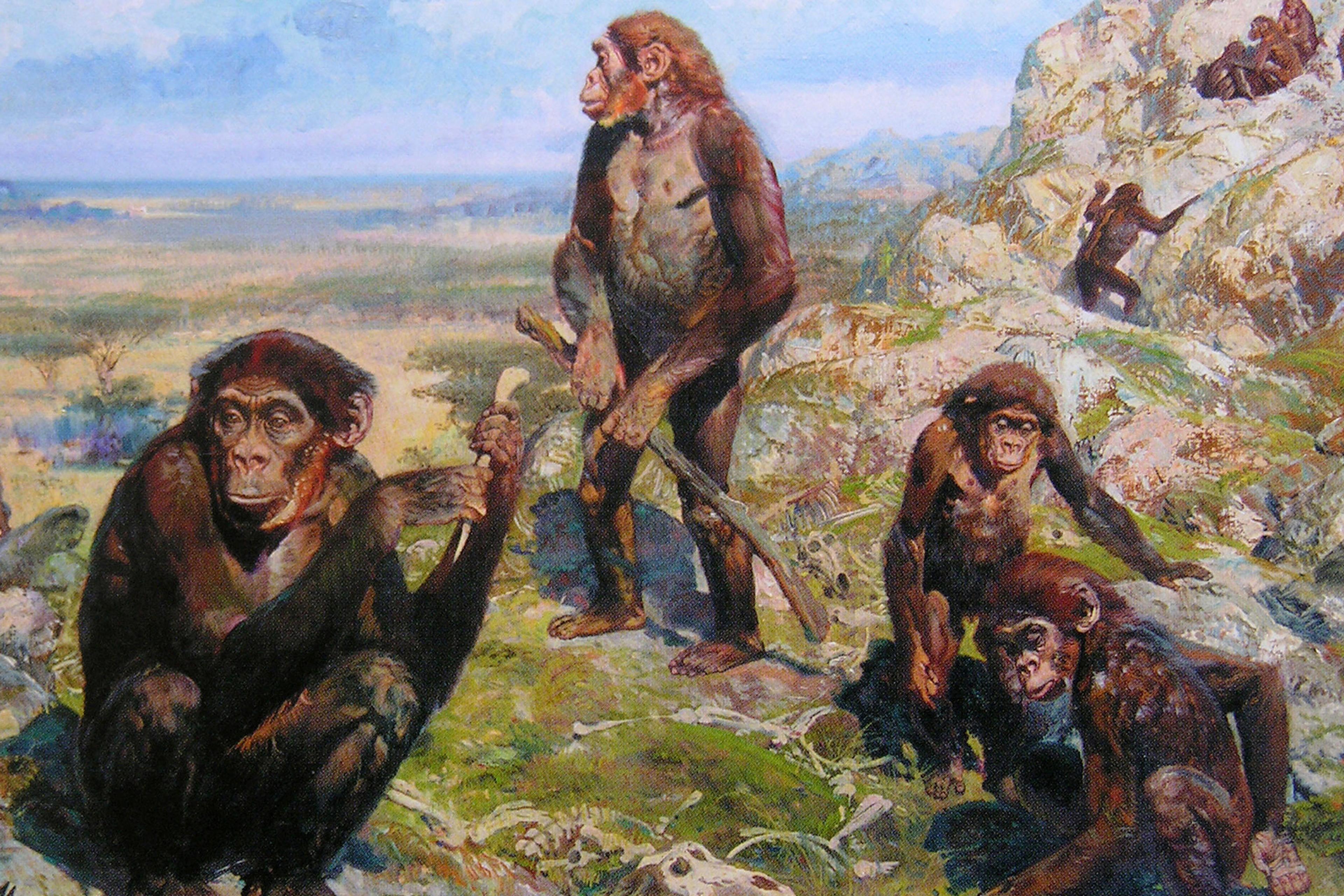
The killer-instinct idea achieved such cultural power because it came embedded in gripping stories about human nature
by Nadine Weidman